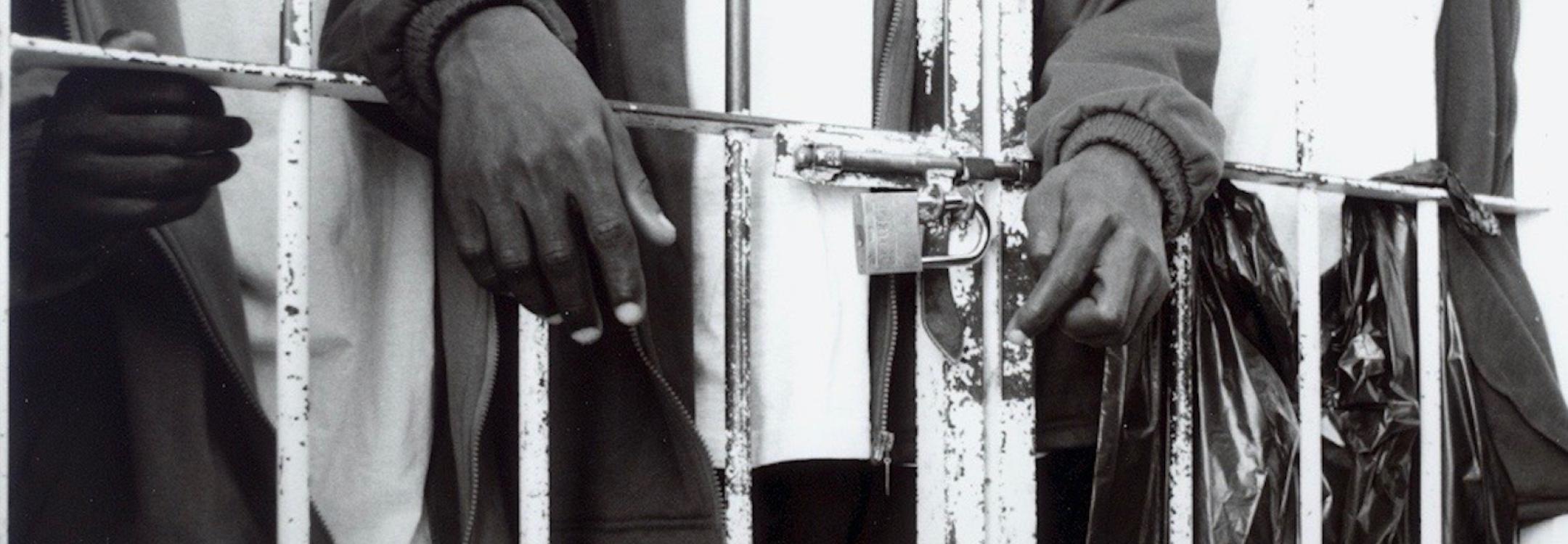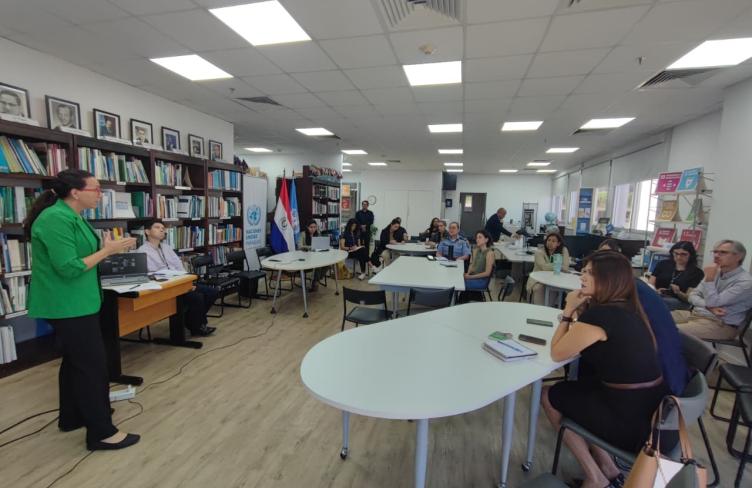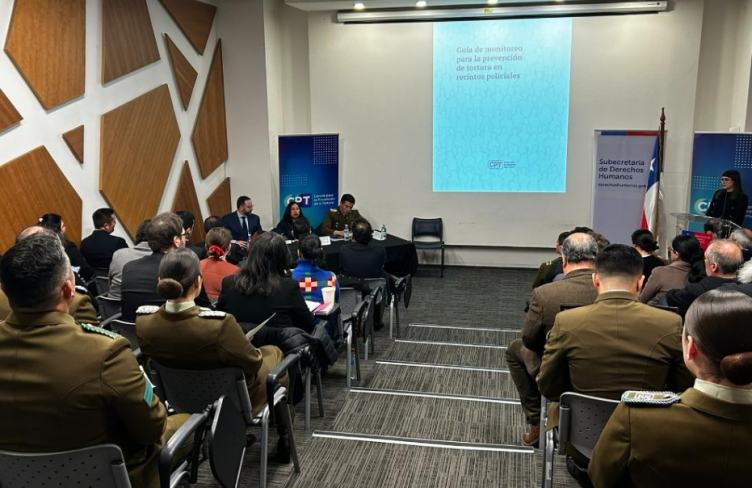
Eight minutes and 46 seconds. The agonizing length of time that George Floyd endured with a knee pressed to his neck on 25 May in Minneapolis has become a symbol of the urgent need to confront institutional racism in policing.
Today, on the occasion of the International Day in Support of Victims of Torture, we express our solidarity with the family of George Floyd and other African-Americans killed by police in the United States, as well as with all victims of police violence across the globe.
"The way you saw my brother tortured and murdered on camera: this is the way black people are treated in America," George Floyd’s brother, Philonise, told the UN Human Rights Council this month. Police racism and brutality exist in other countries too. In Brazil, Joao Pedro Mattos Pinto, a 14-year-old black student, was recently killed during a police operation in Rio de Janeiro. Three quarters of the 9’000 people killed by Rio police in the last decade were black men. In France, Adama Traoré died 4 years ago in police custody following a brutal arrest and chokehold. There was no video and his family is still seeking justice but also facing reprisals by the police. In Switzerland, Mike Ben Peter also died in 2016 following chokehold and police officers are under trial. These prominent example of killings are only the tip of the iceberg: blacks, people of colour and other minorities are daily victims of harassment and discriminatory stops and searches.
Systemic racism adds to a culture of violence within the police. The public demonstrations that took place after the death of George Floyd to protest police violence and racism were, ironically, met with violent dispersal, beatings and the use of grenades and tear gas. During the COVID-19 pandemic, police in many countries used excessive force to enforce restrictions, lock downs and curfews, especially in poor and marginalised neighborhoods.
Systemic racism and a culture of violence are root causes of police abuse. We welcome police reforms initiated in several US states following George Floyd’s death, such as the banning of chokeholds and the prohibition of tear gas, rubber bullets, flash grenades. However, more needs to happen to achieve long-term change in attitudes, behaviours and institutional culture. States need to “reconstruct not just reform”, in the words of Michelle Bachelet, UN High Commissioner for Human Rights.
Far from being simply a question of individual biases, systemic racism is characterised by deep-seated inequalities and the entrenched marginalisation of minorities across all State institution and particularly criminal justice systems. Addressing systemic racism and a culture of violence requires transforming the whole police institutional culture to move away from a discriminatory, hostile and coercive attitude of “us and them”. The community has to be at the centre of the change.
Only such a comprehensive change has the potential to give rise to truly equitable and safe communities, where law enforcement is fulfilling their fundamental duties of maintaining public order while protecting fundamental freedom.
Positive examples of police cultural transformation, such as in Northern-Ireland, show that resolute action needs to be taken - simultaneously - at four different levels:
- The role of the police must be refocused on the duty to protect and to serve the community. Community policing is solution-oriented, based on collaborative partnerships and anchored in values of dignity, non-discrimination and the rule of law. This implies a "demilitarization" of the police in terms of structures, tactics and, above all, mindset. When members of the community, especially people of colour, minorities and marginalized people are no longer systematically considered as suspects, mistreatment decreases and public trust increases.
- The profile of officers recruited should shift from “warriors” to “protectors”. Transformation may require dismissing staff not aligning to the new values and policies. In Camden, New Jersey, in the United States, police officers had to reapply to the new police service. Training should focus on the role of the police in society, rather than on its tasks, with an emphasis on community relations and de-escalation.
- The police culture of "esprit de corps" must give way to transparency and external control. Regular and unannounced visits to police stations by independent bodies can significantly help reduce the risk of institutional racism and a culture of violence.
- Addressing impunity is vital in driving genuine change. Derek Chauvin, the officer who killed George Floyd, had been the subject of 18 prior complaints. Those responsible for racist behaviour or ill-treatment must be brought to justice immediately. Leadership is key in sending a clear messages of zero tolerance for racist and violent culture, including in relation to informal rules, the use of abusive language or the display of signs, symbols or tattoos that represent extremist or supremacist movements.
Radical transformation of the police from a force to a service requires strong and sustained commitment. It may face resistance, as illustrated by the French Ministry of Interior stepping back and temporarily re-authorising chokeholds after its original ban, following protests from police unions and police officers. Policing is a reflection of our society and change can only happen with the support of public opinion and the media.
At the Association for the Prevention of Torture we are encouraged by the current momentum. However, we remain mindful of the urgent need to join forces with all relevant stakeholders and take transformative action to end systemic racism and a culture of violence.
Only by working together towards wholesale cultural changes and institutional reforms, will we be able to ensure that no person will again fall victim to torture or mistreatment at the hands of law enforcement officers. Now is the time to prevent torture, and we must do this together.
Listen also to our podcast: ‘Shining a light on the starless midnight: Dismantling systemic racism in law enforcement’


